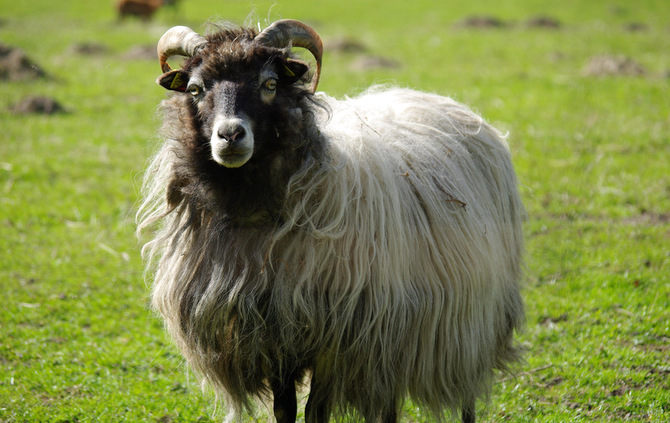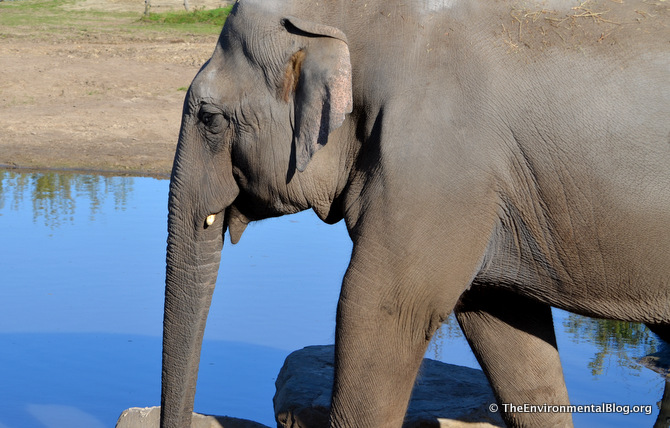
A Fine Line Between Safety and Panic: A Sheep Story
My grandmother’s first husband died of Creutzfeldt-Jacob Disease, otherwise known as mad cow disease, years before my grandmother married my grandfather. But since that time, this disease has always been in mind – when I studied in England in 1996, I was glad to be largely vegetarian, eating only one hamburger during my time there at the height of the mad cow scare. I hear about cows being slaughtered because their flock has been contaminated. I wonder how these things happen.
Now, I’ve read Mad Sheep: The True Story Behind the USDA’s War on a Family Farm by Linda Faillace, my understanding of this disease is further complicated by seeing that the battle against it has wandered into hysteria and panic. It did so in the case of Faillace family, a shepherding family whose entire flock of sheep was taken away and slaughtered by the USDA because of supposed “susceptibility” to mad cow disease. There is an impossibility of sheep ever getting this disease and despite the fact that the Faillace family’s flock of sheep had been tested and was awaiting certification to show that they had no susceptibility for scrapie, “mad sheep” disease there flock was still slaughtered. The book chronicles this family’s beautiful and painful story while also educating its readers about the actual dangers of infected animals – many of whose flocks are not quarantined and who may end up in the food marketplace – and the ways that these dangers can get contorted and twisted into panic, delusions, and ineffectual solutions.
This book is worth the read both for the heart-wrenching, anger-inspiring story it tells but also for the lovely writing and the inspiring commitment that this family has to living a life that is about promoting health and family, rather than government or big business. Linda Faillace’s story helps us understand that the USDA has ways of preventing mad cow disease but isn’t taking those methods; instead, they sometimes go to extremes of making a “point” that really has no point.
One note – this book does itself a disservice, at least for readers like me, by including a foreword by Ronnie Cummins, National Director of the Organic Consumers Association, that reads to be alarmist and of almost a “conspiracy theory” bent. While that idea of a conspiracy certainly plays out to be true in the book, this foreword sets a paranoid tone that belies the fair and personal nature of the tragedy that the book details.
This book has once again made me glad that I’m a vegetarian who doesn’t have concerns about ingesting animals that have been fed bonemeal or other meat products that may have come from mad cow-infected animals. But now that I’ve read this book, I will be even more cautious about what I encourage my friends and family to partake of. I will look for ways to help farmers like the Faillaces, even if it’s just by encouraging other people to read this book and spread the word about the ways our government can be dangerous and about the dangers of the meat industry itself. Oh, and I’ll probably start eating a lot more sheep’s milk cheese.





Leave a Comment